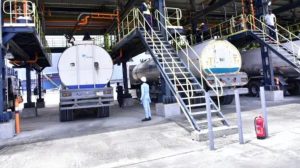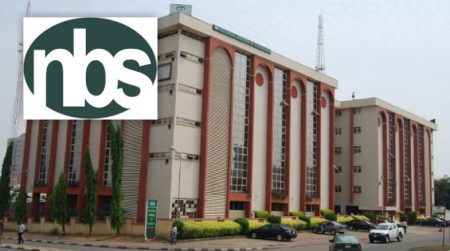The Crucial Role of Internal Controls in Fraud Prevention and Financial Integrity
Chartered Accountant Francis Ohaegbu emphasizes the critical importance of robust internal controls for businesses striving to prevent fraud and uphold financial integrity. He underscores that the reliability of financial statements is paramount for sound corporate governance and forms the foundation of stakeholder trust. Ohaegbu identifies two primary forms of fraud: misappropriation of assets and fraudulent financial reporting, both of which can significantly damage a company’s operations.
Misappropriation of Assets: A Common Threat
Misappropriation of assets involves employees diverting company resources for personal gain. Ohaegbu cites a case of a cashier in a Lagos retail store pocketing cash from daily sales before entering the final figures into the system. This type of fraud often occurs when there are inadequate controls over cash handling and recording processes. Without strong internal controls, such as segregation of duties, regular reconciliations, and independent oversight, employees may be tempted to exploit weaknesses in the system for personal benefit. This not only results in financial losses but can also damage the company’s reputation and erode stakeholder trust.
Fraudulent Financial Reporting: A Sophisticated Deception
Fraudulent financial reporting is a more complex form of fraud typically involving senior management manipulating financial statements to present a misleading picture of the company’s performance. Ohaegbu references a tech startup in Abuja where financial officers allegedly inflated revenue figures to attract investors. This type of fraud misrepresents the company’s financial health and can have severe consequences for investors and other stakeholders who rely on the accuracy of financial information for decision-making. Overstating revenues, understating expenses, or manipulating other financial metrics create a false impression of success, potentially leading to inflated valuations and attracting unsuspecting investors.
Strengthening Internal Controls: A Multifaceted Approach
Ohaegbu stresses that robust internal controls are vital to mitigate fraud risks and protect businesses from financial and reputational damage. He recommends separating key duties, such as approving and recording transactions, to prevent manipulation. In smaller companies, even a simple division of responsibilities can make a significant difference. Regular bank reconciliations and internal audits are also crucial for early fraud detection. Ohaegbu points to a manufacturing company in Kano that conducts monthly inventory reviews to prevent asset misappropriation and identify control weaknesses. This proactive approach allows for timely intervention and corrective action.
Leveraging Technology and Fostering a Culture of Integrity
Ohaegbu advocates for the use of modern accounting software to enhance financial transparency. Advanced tools enable automated transaction tracking and provide detailed records, improving accuracy and accountability. Beyond technology, he emphasizes the importance of cultivating a culture of integrity by training employees and encouraging whistleblowing. Well-informed employees who understand ethical expectations are less likely to engage in fraudulent activities. A whistleblower policy, where employees can safely report suspicious activity, further safeguards the business.
Prioritizing Internal Controls: A Strategic Investment
Ohaegbu concludes by urging business leaders to prioritize internal controls as a strategic investment rather than simply a compliance requirement. Strong internal controls are essential for protecting the business from internal threats, maintaining financial integrity, and fostering stakeholder trust. By implementing robust controls, companies can minimize fraud risks, enhance operational efficiency, and create a sustainable and ethical business environment. This proactive approach to risk management demonstrates a commitment to transparency and accountability, which ultimately benefits the organization and its stakeholders.
The Long-Term Benefits of Strong Internal Controls
Investing in robust internal controls yields significant long-term benefits for businesses. While the initial implementation may require resources and effort, the payoff in terms of fraud prevention, improved financial reporting, and enhanced stakeholder confidence far outweighs the costs. A strong control environment reduces the likelihood of fraud occurring in the first place, saving the company potential financial losses and reputational damage. Furthermore, robust controls enhance the accuracy and reliability of financial reporting, providing management and stakeholders with a true and fair view of the company’s financial position. This, in turn, strengthens stakeholder trust and fosters a positive corporate image. By prioritizing internal controls, businesses demonstrate a commitment to ethical practices and responsible financial management, contributing to long-term sustainability and success.













